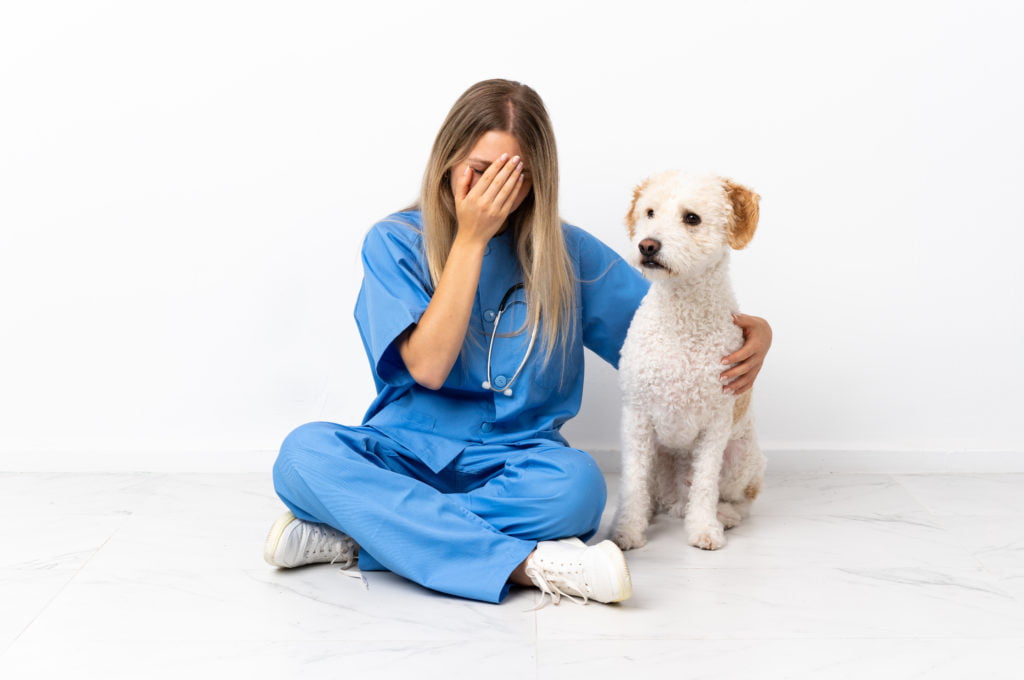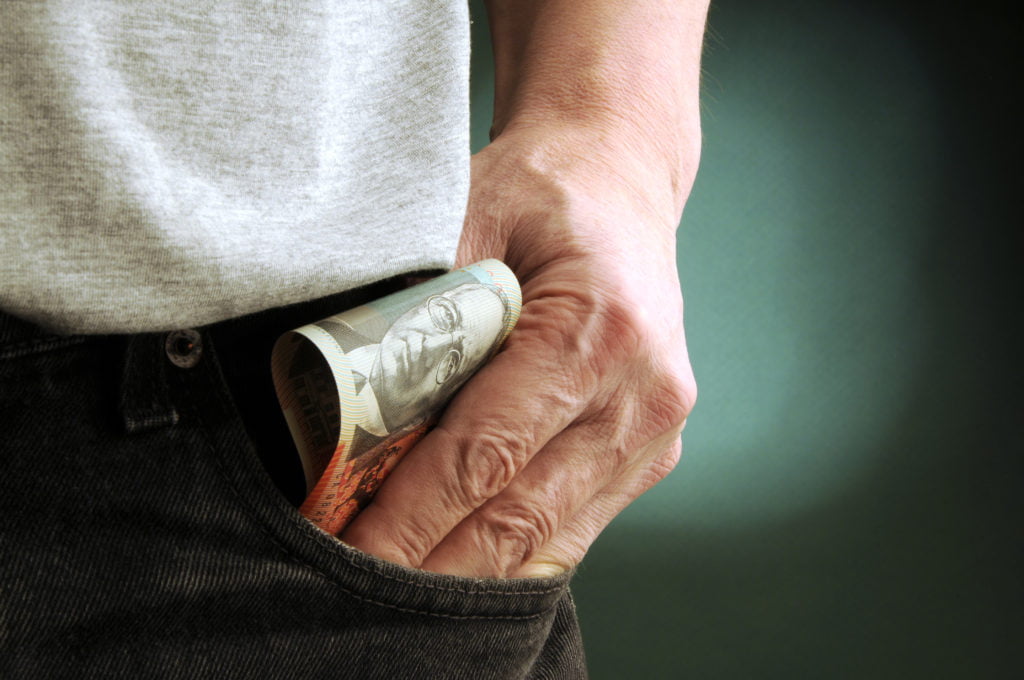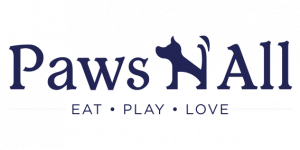You need a strong stomach to work in virtually any healthcare role, and that includes working with animals. Bodily fluids and stomach-churning smells are just a part of everyday life.
What you may not realise, though, are some of the broader realities for veterinary workers.
Bad days, bad news
Any frontline healthcare worker is exposed to things most of are blissfully ignorant of in our daily lives – whether the patient is human or animal.
There are the stomach-churning smells and getting covered in bodily fluids. And while we all have bad days at work and aspects of our jobs we don’t like, few of us have to utter words to effect “it’s terminal, your loved one is dying”.
That is part and parcel of everyday life for these dedicated professionals. At any moment, they can be forced to deliver news that really is a matter of life and death.
It’s an emotional rollercoaster that anyone would find impossible not to be affected by or able to simply “leave at the office”.
Surprisingly low pay
Despite the complexity of their work and the duration of their studies, you may be surprised at what veterinary workers are actually paid.
From 1 July 2021 under the Animal Care and Veterinary Services Award, the legal minimum full-time/part-time wage for a Level 4 veterinarian surgeon (the highest level covered by the award) is just $38.88 per hour. And, unlike other industry colleagues, there is no additional loading for weekend or after-hours work.
Other roles under the same award, depending on an individual’s level of experience, look like this:
- Veterinary nurse: $20.33-$25.83 per hour
- Receptionist: $20.33-$25.83 per hour
- Animal attendant: $20.33-$25.83 per hour
- Practice manager: $27.14 per hour
As with other industry awards, pay rates are higher for casuals and there are loadings for overtime and weekend work.
By comparison, people employed full-time or part-time under the General Retail Industry Award have a legal minimum of $21.78-$26.66 per hour (again depending on experience).
While comparable in pay rates, the qualifications required to enter these fields are anything but. Veterinary science is a minimum four-year university degree, leaving students with debts as high as $152,000. Most retail positions, meanwhile, do not require any tertiary qualifications.
Effects of COVID-19
The pandemic has been hard on us all. Many people have lost income because of lockdowns and closed borders. The stress of uncertainty and fear for our health is very real. And that’s even without contracting the virus.
Healthcare workers have faced a heavier burden than most and have rightly received praise and thanks for their efforts. But what about our vets?
They too are an essential service and stay open during lockdowns, meaning staff remain exposed to the virus on a daily basis while most of us are confined to the safety of our own homes.
Vets have also faced substantial time and monetary costs to their businesses:
- longer hours and/or fewer patients to maintain social distancing.
- additional compliance costs to adhere to health orders.
- purchasing extra personal protective equipment (PPE) for all staff.
- more work trying to source PPE and medications, amid soaring global demand and orders being cancelled for redirection to human healthcare providers.
All these factors have piled even greater stress on everyone across the industry.
Cleaning up the worst of human behaviour
Perhaps the hardest factor of all that veterinary workers deal with though is the behaviour of their fellow human beings.
During my youth, I really wanted to be a vet. But just a single week of work experience in the field was all it took to completely put me off. It wasn’t the blood, the poop, the vomit, the gory injuries… no, no. It was seeing first-hand how vets are the ones dealing with some of the worst instances of human cruelty and carelessness, against those unable to speak up for themselves.
Two particular cases really stood out.
One was a beautiful horse – a real-life Black Beauty. He was a young racehorse who had recently been gelded (neutered). After the operation, his owner had been given clear, simple instructions: don’t put him on the track until the wound has completely healed.
Clearly, they hadn’t listened. Not only had he been put back on the track, allowing dirt to invade the wound site, it had become infected. And left infected for some time.
Antibiotics alone weren’t enough to treat the problem. The site was terribly swollen, filled with blood and fluid and stinking pus. I can only imagine the pain he was in.
Twice a day, for several days, the vet had to manually open the wound and drain all of this – to relieve the pressure as much as to clean the site. It was so pointless and should never have happened.
The other was big, burly dog. He seemed happy and healthy, wagging his tail excitedly as he was taken through to the consulting room.
Little did he know it was a one-way trip.
He had been deemed a dangerous dog and was subject to strict housing requirements to ensure he remained on his owner’s property. Numerous warnings had been issued after repeated escapes – the result of inadequate fencing. But still the owner had not taken precautions to secure their yard.
Earlier that day, this boy had escaped once again. Only this time, he attacked and killed another dog. As a result, he was ordered to be put down.
Two lives snuffed out, simply because one person failed (repeatedly) to do the right thing.
I simply couldn’t see myself facing such suffering and loss, day in and day out.
Reaching breaking point

With all these factors weighing on them, it’s no wonder that many veterinarians are at breaking point.
Earlier this year, the ABC reported on evidence to the federal parliamentary committee on mental health and suicide preventions, which showed that suicide rates among Australian veterinary workers are four times higher than the general population.
That’s right – four times more deaths.
Clearly, our vets and their staff are paying too high a price for the effort they put into helping our pets live happier, healthier lives.
So please, be kind to your vet. Appreciate their professional advice and judgement. Thank them for their hard work. It’s not just good manners – it might actually help save a life.
If you or someone you know is at risk of self-harm, please reach out for help:
Lifeline – 13 11 14
BeyondBlue – 1300 22 4636
Suicide Call Back Service – 1300 659 467
SANE Australia – 1800 18 7263
For life-threatening emergencies, call 000 immediately.












